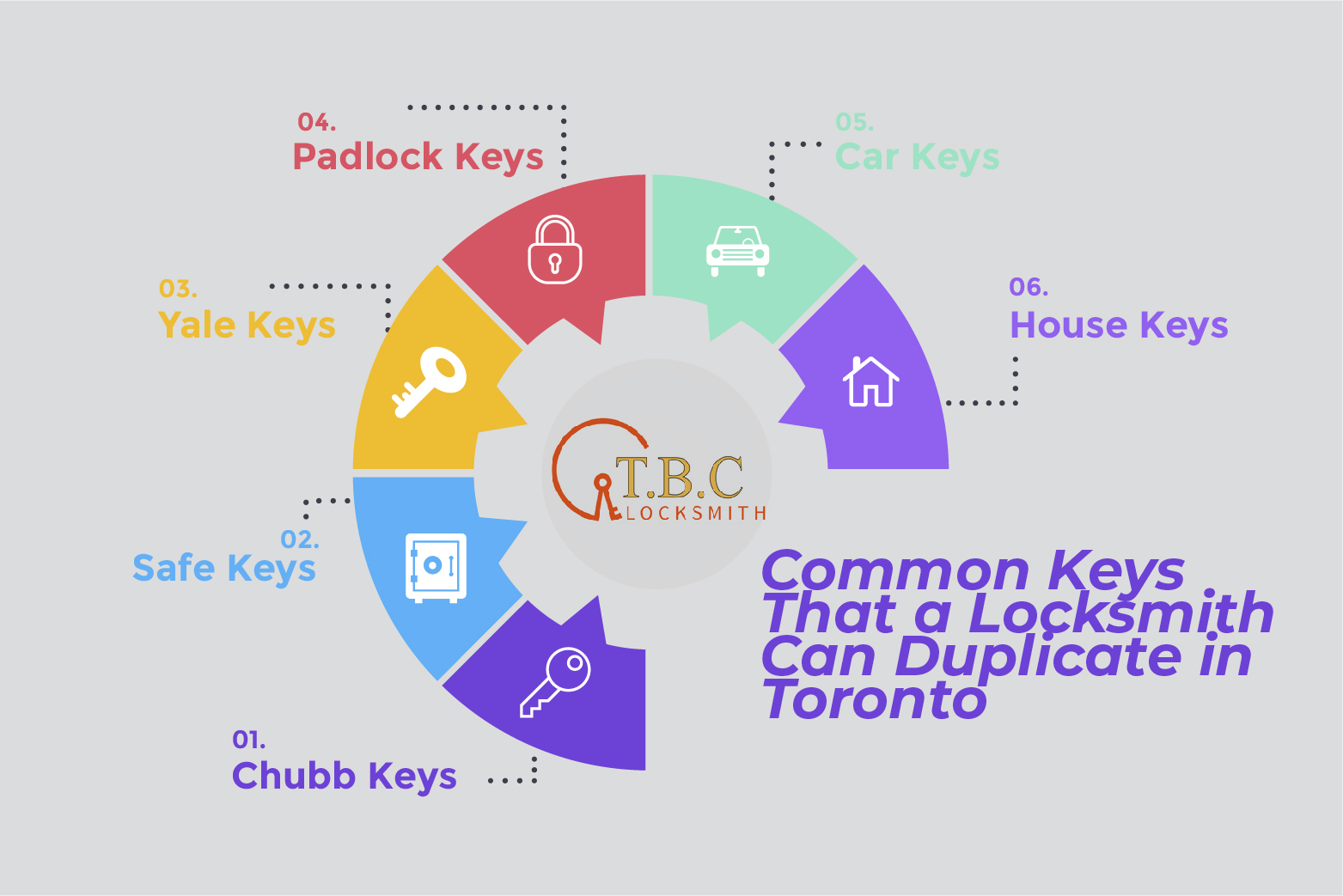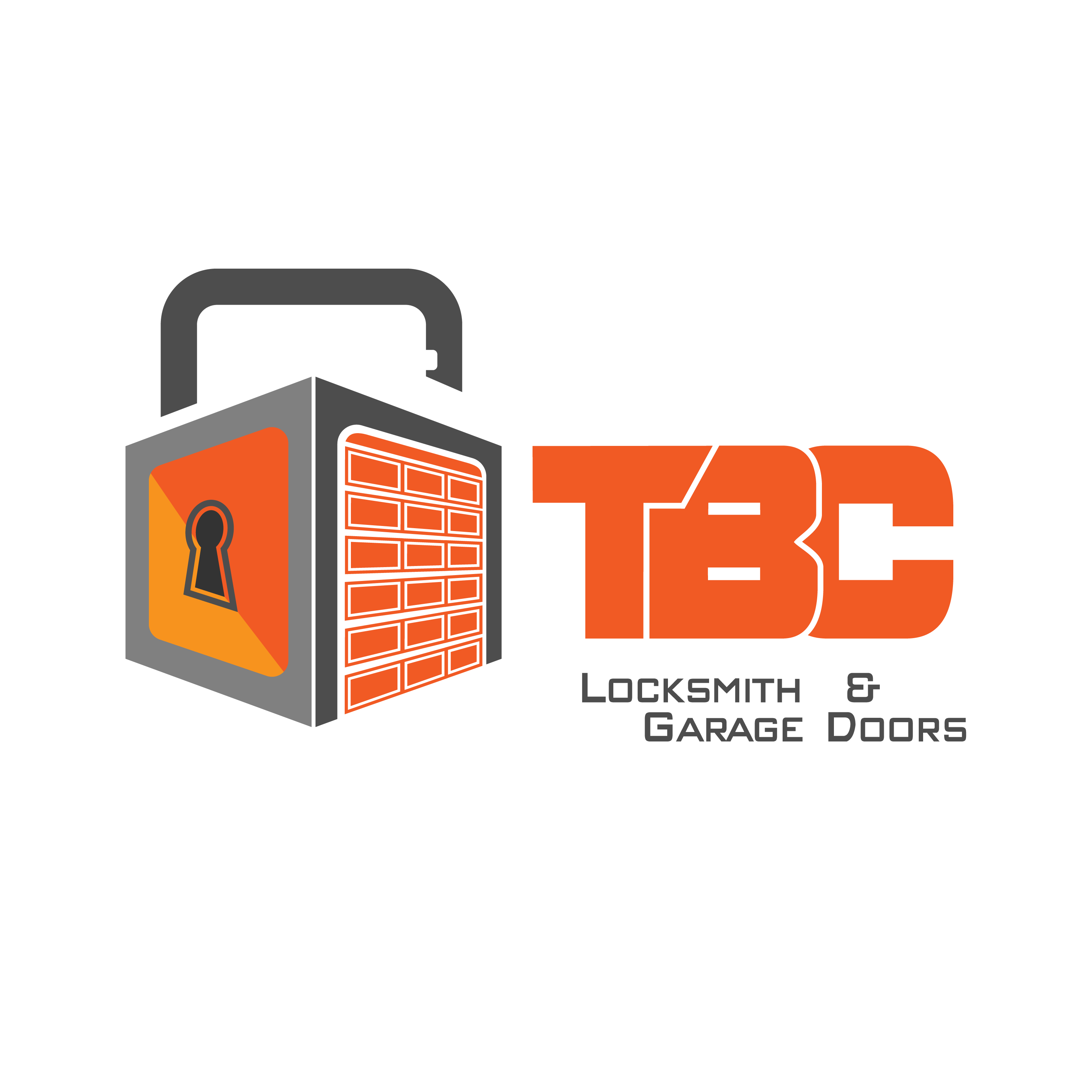

Moving into a new office space or apartment in Toronto offers new experiences and memories. You will be told the dos and don’ts that come with living in your new place. However, most property managers miss out on providing you with essential information regarding key duplication and you might be the one searching for “key duplication near me" when you need it.
There are different reasons you may need key duplication, but you have to find out the legality of a key duplication process before you do so. Are there any laws in Toronto that prevent people from duplicating their keys, especially for rented apartments? We shall find out.
The Legality of Apartment Key Duplication in Toronto
Before we get into details about whether the property you are currently leasing allows for key duplication, you should know that technically speaking, it is not illegal to duplicate a key. You aren’t breaking the law by duplicating a key even if the keys have a do not duplicate stamp.
When it becomes illegal to duplicate a key is if that key has patented protection. A locksmith must seek authorization before proceeding to carry out key duplication in this case. Most keys that carry the do not copy stamp are often labelled to give the renter a false security feeling.
You are made to assume that there is no other duplicate of your key floating around, but that is not always the case. Your options to duplicate your key are reduced but duplicating such keys is not impossible. Some hardware stores may not carry out key duplication on keys with the “do not duplicate” stamp. However, most professional locksmiths are aware of the distinction between legality and what is permissible without an express order.
What is Legal vs. What is Allowed?
The knowledge that it is legal for you to duplicate your keys in Toronto does not give you the lee-way to do so if the property manager has expressly spelt it out because you could get in trouble. As a tenant, abiding by the rules set by your property manager is essential, and if “no key duplication" is one of them, then you must abide by them. Although you may not be getting into trouble with law enforcement agents, the repercussions may be unpleasant. Therefore, it is wise to go through the apartment-specific documents or tenancy agreement to know if you can carry out key duplication.
How to Know if You are Allowed to Duplicate a Key in Toronto
As earlier stated, the fact that it is not illegal for you to duplicate your apartment keys does not mean you should do so without first determining if you are allowed to do so. So how do you know if you are allowed to duplicate your key?
-
Look at your apartment lease
All rules and restrictions that pertain to how you live in your apartment are spelt out and outlined in your lease. Therefore, your lease is the best place for you to clarify whether you can or cannot duplicate your keys. Do not generalize on all lease agreements because each property has its specific rules.
Some property owners or managers may allow it, while others may not. You may be given a fine, get into some serious infraction, or be sued for breach of contract if you copy a key when it is outlined not to do so in the apartment lease. Ensure that you read your lease agreement carefully and highlight areas that may contain this information. It may be written in legal and formal language, and you may see the section on apartment locks and whether you can add new spares.
Some lease may tell you that you cannot duplicate a key yourself, but you may be given a spare if requested. The word key may be ambiguous, and you should understand the meaning before you conclude. A key can refer to anything used to gain access to your specific apartment and include key cards.
-
Talk to your property owner or manager
If it is challenging to interpret your lease agreement because of the legal language, you can talk to the property manager or owner for interpretation, especially on the key duplication. Your property manager will confirm the restriction if present, and this will make you aware that you may be crossing the line if you should duplicate the key to your property. As a tenant, consulting your property manager before duplicating your key is a great way to avoid burning bridges.
What Happens If You Fail to Follow the Rule of Key Duplication?
It may not be easy to ascertain how a property manager in Toronto will react after finding out that you have gone ahead to duplicate your key when spelt out that you are prohibited from doing so. You should not be surprised at your property manager’s reaction since you know it is not allowed to duplicate keys as a tenant in that property.
Although you may feel you can carry out key duplication without anyone finding out, you may be setting yourself for an issue with your employer. Let’s take, for example, that you make your apartment copy for your friend who is staying with you for a few weeks when it is against your apartment rules. You offer your friend a duplicate key because of the different schedules he has with you.
If your friend loses his key, you begin to worry about someone breaking into your apartment. You have to report to your property manager about the missing key in such a case, or you will have to pay a fine for your locks to be replaced. Bear in mind that you may get caught for using an unapproved duplicate.
Another consequence of not following the key duplication rule by your property owner or manager aside from bearing the cost of changing the locks is that you may portray yourself in a bad light to your property manager, and he may no longer trust you.
What Keys Can You Duplicate, and What Keys Can't Be Duplicated in Toronto?
As earlier mentioned, some keys cannot be duplicated either because of their legality or the manufacturer's extra security feature. These keys include the following:
- VAT key
- Chip Keys
- Transponder Key
- Four-Sided Key
- Abloy Keys
- Laser Cut Car Keys
- Internal Cut Key
Are Security Restrictions Placed on Some Keys?
Some key manufacturers impose security restrictions on their keys to limit unauthorized key duplication. Key manufacturers can limit key duplication by reducing the number of blank keys they issue. By this action, key manufacturers can control the number of blank keys available for distribution and sales. A professional locksmith may request an ID if the key to be duplicated is restricted to maintaining a high-security level.
Can Keys with Movable Mechanisms or Electronic Components Be Duplicated?
Keys that have movable mechanisms or electronic components offer a high-security level and may be challenging to duplicate. You cannot readily duplicate such keys because some key manufacturers have integrated small magnets or computer chips in them to keep them secured. Some keys also have different metal combinations, while others have disallowed their duplication.
What are the Types of Keys a Locksmith in Toronto Can Duplicate?
For the records, a professional locksmith can duplicate any keys provided they are legally allowed to do so, and the key manufacturers do not restrict such keys for security purposes. Here is a list of common keys that a locksmith in Toronto can duplicate
-
Chubb Keys
Chubb keys are large keys that have a unique design. Key duplication of Chubb keys may take a longer time, but a professional locksmith in Toronto can duplicate such keys.
-
Safe Keys
A locksmith can carry out key duplication on all types of safe keys. Although, duplicating some safe keys may take longer than others depending on the type of safe key.
-
Yale Key
Yale keys are smaller and standard keys that can be easily cut and duplicated by a professional locksmith.
-
Padlock Keys
Some padlock keys are Yale keys, and those padlock keys that are not Yale keys can also be duplicated.
-
Car Keys
A professional locksmith can duplicate some car keys while other car keys may require creating brand new keys. For most modern cars, their keys cannot be ideally duplicated by cutting a new key; instead, a new key must be created.
-
House Keys
A professional locksmith in Toronto can easily carry out key duplication on house keys on your front door at home.
Conclusion
Although there are no laws that state whether a locksmith can duplicate keys in Toronto or not, it is advised that you confirm if you are allowed to duplicate a key before approaching a locksmith. You can carry out key duplication on almost any type of key according to the law, but if your lease agreement does not permit it, you should think twice before doing it.
Professional locksmiths in Toronto are well informed about the legalities of key duplication for apartments, safes, cars, etc. They can also provide consultations regarding the legalities of duplicating your keys.
